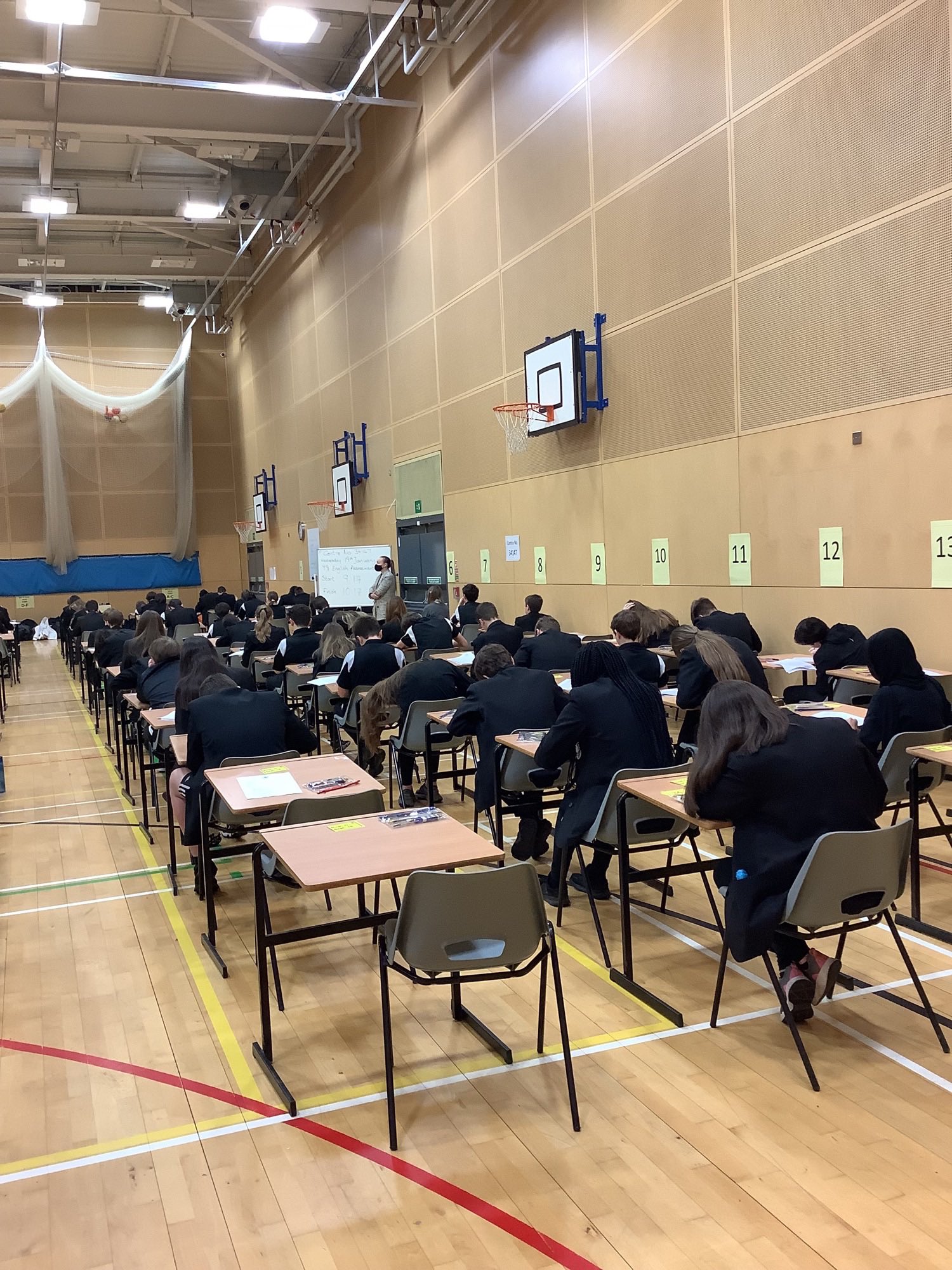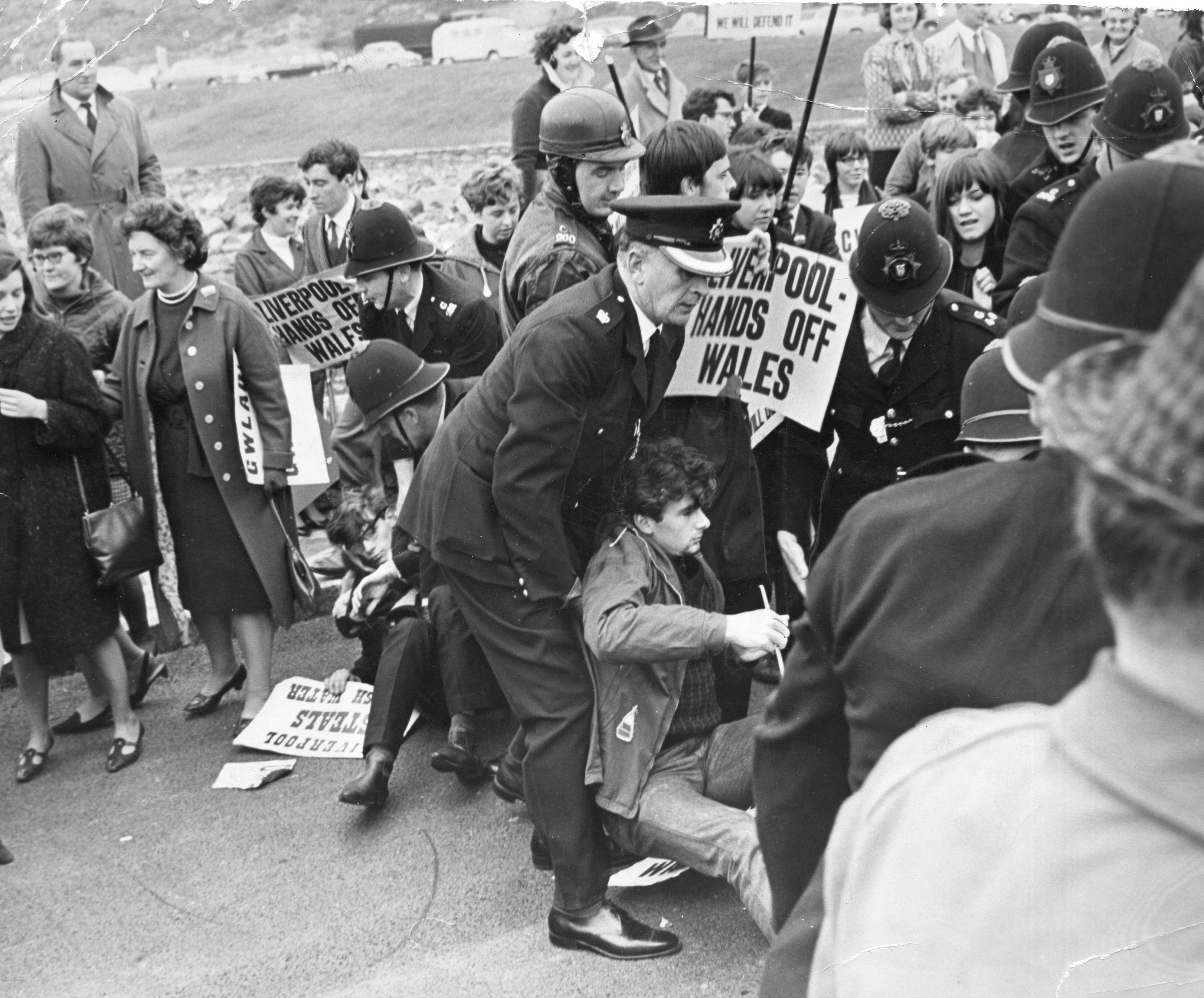How local children are falling behind

An alarming report shines a light on educational disparities, plus the rest of your Monday briefing
Dear readers — welcome to this week’s briefing from The Post, which has:
- A worrying report into “grade gaps” between some of the region’s schoolchildren and their wealthier peers.
- Some great Post Picks for the week, including a last chance to see the Russian State Ballet of Siberia perform Romeo and Juliet.
- A charming Home of the Week dating back to 1856.
Lots of readers enjoyed our weekend read profiling the Liverpool Philharmonic’s new chief conductor Domingo Hindoyan. Here’s the story of Hindoyan’s big break in music:
Hindoyan snuck into the rehearsal by turning up with his violin and after it was over a friend who played for the orchestra came over and said “Come, let’s meet maestro backstage.” Barenboim, who is famously irascible, was “in a good mood” and chatted in Spanish. When the legendary conductor spotted Hindoyan’s violin, the young Venezuelan offered to come and play for him in Berlin, but Barenboim wanted to hear him now.
“Take the violin out and play for me.”
this weekend’s must read from @hwfmorris and @joshi via @liverpoolpost. ‘Liverpool is perhaps the only British city where a new chief conductor could be welcomed as anything akin to a footballer’
— mollie simpson (@molssimp) 5:57 PM ∙ Feb 13, 2022
In last week’s members’ editions:
- We spoke to Lewis, the former anti-vaxx activist who we profiled recently, who told us how his fellow campaigners have reacted to his change of heart. “I’m going to be honest, after reading some of the comments, I started crying,” he said.
- In the same edition, we had a lovely interview with a couple who met at The Florrie in the Dingle in the mid-1960s.
- In Friday’s edition, we looked at the arguments brewing about the proposed expansion of Liverpool Airport and also had a story about the Bluecoat’s art club for children in deprived communities.
To get both of this week’s members-only editions and help us to build a new form of local journalism on Merseyside, please join us as a member using the button below. It’s just £7 a month, or £1.25 a week if you pay for a year up-front.
🌦 This week’s weather

The big story: Report points to educational gaps
The top line: A new report shows how far behind students in some parts of the city region are falling compared to more affluent children across the country.
The report says poorer students (ones who are eligible for free schools meals) in Knowsley will score GCSE grades 1.76 lower than their non-disadvantaged peers, the largest measured “grade gap” in the country.
- Such students across Merseyside consistently fell one grade behind. In St Helens the gap was 1.55, in Sefton and Halton it was 1.46, in Liverpool it was 1.45 and in the Wirral it was 1.44.
- The report says half the student population in Knowsley are in “persistent poverty” meaning they experience poverty for at least 80% of their school lives.
We spoke to David Spendlove, professor of education at the University of Manchester, who said:
People in Knowsley are no less capable than other people. But there are historically high levels of economic inactivity, high unemployment, low earnings, poor health. And in my lifetime, there’s been very few signs of breaking that cycle, and the education sector has not been able to break those barriers.

Councillor Margaret Harvey, Knowsley Council’s cabinet member for Children’s Services, said the council are working to level the playing field. A recent Ofsted report moved All Saints Catholic High School in Kirkby’s rating from Requires Improvement to Good. “Our ambition is to see standards rise even further,” Harvey says.
The bottom line: The lack of educational opportunity in Knowsley is a known issue. Spendlove says the challenges of improving educational outcomes for young people will depend on schools’ ability to recruit and retain skilled teachers and more cultural factors like getting early successes in primary and secondary schools, and celebrating the achievements of older students.
- “Many schools will celebrate kids going to university, and that’s a big cultural part of schools,” Spendlove says, “if you don’t have that continuity you’re missing out a big chunk.”
Coming up on The Post: Six years on from the last sixth form closing, we’re taking a look at the state of education in Knowsley. Can you help with our reporting? Please hit reply to this newsletter or email mollie@livpost.co.uk.
Local news in brief
- Hundreds gathered outside the Bombed Out Church on Saturday to protest rising energy prices and rises in National Insurance contributions. Independent councillor Anna Rothery attended the protest with a placard reading “Make the rich pay”. More here.
- A public inquiry into the Post Office accounting scandal started today. More than 700 subpostmasters were prosecuted and forced to pay back shortfalls because of a faulty IT system. Among them was Lisa Brennan from Liverpool, who had to file for bankruptcy as a result of proceedings against her. More here.
- University of Liverpool staff are beginning industrial strike action, with five days of action this week, two next week and three the one after. The University and College Union are demanding a £2.5k pay increase for all staff and that employers revoke the cuts to staff pensions. More here.
- A Widnes man will appear in court in April on two counts of possessing information useful to a person preparing to commit an act of terrorism, including 100 Deadly Skills and the White Resistance Manual. He denies the charges. More here.
- Covid-19 cases continue to fall. The case rate for the Liverpool City Region is 459.4, down 31.5% from the previous week, compared to England’s 627.1, down 31.2%. Cases are lowest in Knowsley, around 400, and highest in the Wirral, about 500.
Photo of the week
🌹 Happy Valentine’s Day … you crazy love bandits 🌹
— Grim Art (@GrimArtGroup) 9:07 AM ∙ Feb 14, 2022
New Brighton, Merseyside by Martin Parr (b. 1952)
Post Picks
🩰 There are still seats left to watch the Russian State Ballet of Siberia perform Romeo and Juliet at the Empire this evening. Tickets start at £13.
📜 Local historian Laurence Westgaph is hosting a talk about the transatlantic slave trade followed by a dinner party at the Athenaeum this Wednesday evening. Book a place here.
📻 There’s a new drama series on Radio 4 which started today, evoking the story of a young boy running from his foster family in Liverpool. The description reads: “In a stream of consciousness we hear and see what he does, and get glimpses of his life and imagination and the people closest to him, and discover why he desperately needs to get back to his Nan.” Listen here.
🦆 There’s a wildlife-spotting walk in Lunt Meadows, near Crosby, on Thursday. It’s known as a good place to see barn owls and sparrowhawks. More here.
🦀 Station Coffee House in Prescot is hosting a Creole and cajun food evening on Saturday. The menu includes spider crab beignets, roasted crayfish, jambalaya and sweet potato pie and they’re serving until midnight. More here.
🍝 You can learn how to make fresh orecchiette pugliesi — a southern Italian pasta that’s shaped like ears — with tomatoes and burrata cheese at Atavola, the Italian deli and fine cooking school on Duke Street, this Sunday. It’s £35 per head.
🎬 Documentaries on Socialist Cuba, a film festival looking at the major changes in Cuban politics and the state plans to protect the environment, is on at the Black-E in L1 this Sunday evening. More here.
🧘♀️ If you need to recharge, there’s a yoga and meditation day in West Kirby on Sunday. There will be a plant-based lunch followed by a forest walk in the afternoon. More here.
🎺 We recommend The Grapes in the Georgian Quarter, the bohemian pub on Roscoe Street, for Sunday night jazz. More here.
🎸 Los Bitchos, the London band inspired by Turkish psych-rock and Latin dance, are playing at District this Sunday evening. The Guardian called them “a band who need to be experienced live”. Book here.
Home of the week

A former pub built in 1856 just came on the market in Runcorn. It has three bedrooms and a nice courtyard. Offers start at £225,000.
Our favourite reads
A fascinating piece in The Times about long Covid and the Liverpool professors both investigating and suffering from it, which draws a great parallel with the fatigue that emerged after the Spanish Flu pandemic: “The ‘corm’ is the stem of the banana tree. You only eat it if you are desperate. In Tanzania, they refer to the hungry years of 1919 and 1920 as the ‘Famine of Corms’. Those years the crops failed — not because the rains failed, but because the people did. A wave of Spanish flu had passed through the country, and when the rains came the people were too tired to plant. Strange things can happen when a whole population gets sick, and the evidence is that a lot of us still are.”
A moving article in Medium about the drowning of Capel Celyn, home to 67 people and one of the last remaining Welsh-only speaking communities, to create a new reservoir to supply Liverpool’s water. “Visitors ambled along the former streets — now dull, sticky mud. Then, when it finally began to rain again, the ruins and their plaques slipped once more beneath the water and out of view.”

There’s a great piece in New York magazine about John Lennon’s death and Liverpool’s late reckoning with the Beatles’ cultural impact. “Lennon’s murder is usually described as the end of something — the real end of the sixties, finally; the end of the dream. But time has made it clear that his death and the mourning it provoked also constituted, in their way, a beginning.”
And we revisited this Guardian piece from 2000, which talks about the media spectacle surrounding the mothers of the two boys who killed James Bulger and asks whether bad parenting really turned the boys into killers. “A narrative emerged of two childhoods influenced not merely by the flaws of parents or the absence of a father, but by the environment in which these boys lived, a world of social and economic deprivation, of trashy television and cultural poverty, inadequate social services, failed schooling and general confusion. It was a place that left a moral vacuum for two children who would go on to kill and leave the unanswered question: why did they do it?”
Letters from readers
Great article (‘I’m a crazy fanatic of the music’). Sent it to a Venezuelan friend, Bee
I am retired and live on the Wirral. It’s great to see your new, promising venture! I look forward very much to seeing The Post, Fiona Harrison
I’m on their mailing list and get an email with a story that’s in the news. It’s usually in depth and more to the point a good 10 to 15 min interesting read, Kevin Caoimhin Bertie

Comments
Latest
Losing local radio — and my mum
A place in the sun: How do a bankrupt charity boss and his councillor partner afford a “luxury” flat abroad?
Gritty, cheeky, sincere: How Martin Parr captured the spirit of Merseyside
Liverpool’s hospitality scene is changing. So why are we reluctant to shout about it?
How local children are falling behind
An alarming report shines a light on educational disparities, plus the rest of your Monday briefing